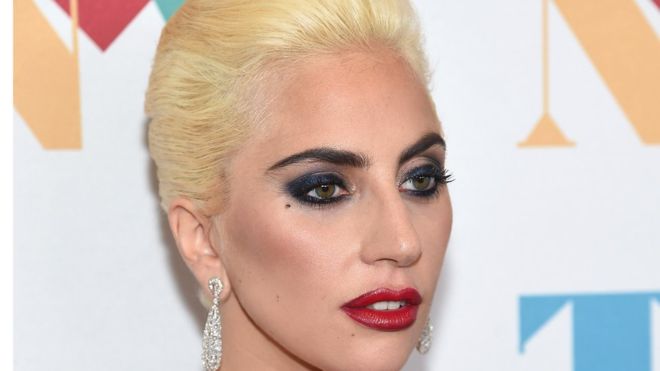YouTube ordered to pay more for music by Europe

The music industry has long criticised YouTube for failing to pay enough for content such as music.
News publishers will also be recognised as rights holders for the first time.
Under the directive, portals such as Google News would be forced to pay newspaper publishers a fee when using small extracts or snippets of news stories.
Carlo Perrone, head of the European Newspaper Publishers` Association, said creating a copyright for news publishers in Europe was a "significant and historic step".
Jean-Claude Juncker, president of the European Commission, said: "I want journalists, publishers and authors to be paid fairly for their work, whether it is made in studios or living rooms, whether it is disseminated offline or online, whether it is published via a copying machine or hyperlinked on the web."
The Commission has not detailed how it would force sites such as YouTube to pay more to artists.
The plans also call for easier access to online content across all EU countries and to reform copyright rules for research and education.
Andrus Ansip, vice-president for the digital single market, said: "Our proposal will ensure that more content will be available, transforming Europe`s copyright rules in light of a new digital reality."
`Value gap`
The proposals, which are likely to be challenged by lobbyists, must go to the European Parliament and EU states for approval - which could take years.
More than 1,000 artists, including Lady Gaga and Coldplay, signed a letter calling on the Commission to take steps to address the "value gap".
It said sites such as YouTube were "unfairly siphoning value away from the music community and its artists and songwriters".
The body which represents the British music industry said this week that YouTube was still not paying artists enough for their music.
UK Music said the Google-owned site was "yet to deliver fair financial returns for rights owners and creators, artists, composers, songwriters and publishers".
The band Two Door Cinema Club said: "I don`t think things at the minute are fair. YouTube don`t pay a fair royalty."
YouTube, which carries videos as well as audio-only content, makes money by selling advertising and then divides profits among rights owners.
Its business model differs from music streaming sites such as Spotify and Apple Music, which pay record companies a small sum each time a song is played.
The Commission`s proposals did not go far enough to prevent "geo-blocking" of online content, the European Consumer Organisation, BEUC, said.
`Punish millions`
It also criticised plans to force websites to automatically detect and take down videos that contain parts of copyrighted works.
"This would punish millions of consumers who share a self-made remix of a song, family videos or holiday pictures which contain parts of a music tune or video clip," BEUC said.
The Commission has also proposed an overhaul of EU telecoms rules to ensure much faster internet access across Europe.
It wants schools, universities, hospitals, transport hubs and companies that rely on digital technologies to have extremely fast connectivity in excess of 1 gigabits a second.
All homes - both rural and urban - should have broadband speed of at least 100 megabits a second.
Finally, the Commission calls for all urban areas, as well as major roads and railways, to have 5G wireless mobile data coverage. Each EU country should have 5G in at least one major city by 2020.















































